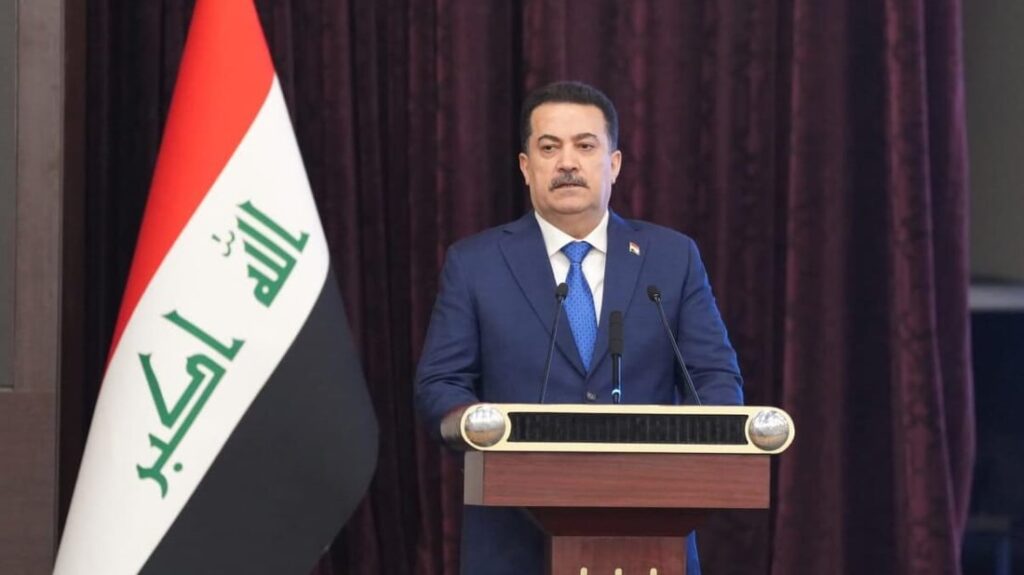US air strikes on Yemen 'unconstitutional', advocacy groups say

.webp?itok=25vCy2lY 1x" type="image/webp" width="1400" height="933">
Renewed, sustained and heavy US air strikes on Yemen since 15 March are "unconstitutional" because any act of war requires congressional authorisation, which the administration of US President Donald Trump did not obtain, several political advocacy groups said on Thursday.
Dawn, Action Corps and Just Foreign Policy, in a joint statement, said, "Congress should stop strikes on Yemen and uphold its sole authority to declare war under Article I of the Constitution and the 1973 War Powers Resolution (WPR)."
The groups also cited Chapters I and VII of the United Nations Charter, which prohibit states from launching a war unless in self-defence or authorised by the UN Security Council.
They further argued that a bombing campaign in Yemen does not serve US interests and is not the answer to any of the outstanding issues in the region.
"From November 2023 to January 2025, the Houthis attacked more than 100 merchant vessels, sank two, and killed four sailors. During this time, the Biden Administration repeatedly bombed Yemen, ostensibly aiming to counter these attacks, without authorization from Congress, from January 2024 to January 2025," the statement said.
The group pointed to a PBS Newshour interview last week with Jamal Amer, the Houthi foreign minister, who said, "When the siege on Gaza ends, the tension in the Red Sea will end. Therefore, when Gaza receives aid and Israel implements the agreement, everything will end."
"There is little plausible justification that the attacks on Yemen are defensive or serve to protect essential national interests," the statement continued. "There had been no Houthi attacks on US territory or military assets until US strikes commenced against them, so there can be no claim that these attacks were in self-defense."
Thomas Juneau, a Middle East expert at the University of Ottawa, told Middle East Eye that Trump may not see US strikes on Yemen as the start of any war.
"There's one thing where Trump has been - not entirely, but broadly - consistent, [that's] his reluctance to get engaged in wars in the Middle East. He's been very critical of these wars, and he tried to withdraw from Syria in his first term," Juneau said.
"But now one of the first things that he does in his second term is not launch a new war, because technically, the US was already hitting the Houthis, but he intensifies an existing war."
Analysts who spoke to MEE generally agreed that Joe Biden's air strikes were more "surgical" and did not have the civilian casualty count that has mounted under Trump.
So far, at least 53 people have been killed by US bombs in Yemen, with more than one hundred wounded. Most are women and children, a Yemeni health ministry spokesperson said.
"[Washington is] attacking a sovereign country, and they have no right to do so under international law, and under their own laws here in the United States," Shireen al-Adeimi, a non-resident fellow at the Quincy Institute for Responsible Statecraft, told MEE.
What does US law say?
Article I of the United States Constitution, Section 8, specifically points out that only the legislative branch, Congress, can "declare war", "raise and support armies", "provide for calling forth the militia to execute the laws of the union", and "suppress insurrections and repel invasions", among other acts related to the military.
While the White House has denied that the now infamously leaked Signal group chat outlining the Houthi targets for US bombs are "not war plans", it still remains an act of military firepower ordered by the Pentagon.
The X account for US Central Command (Centcom), the Qatar-based "unified combatant command" overseeing US military operations in the Middle East, regularly posts videos of missiles being launched from navy warships or videos of sorties.
On the day that a cancer centre was bombed in the Yemeni capital, Sanaa, Centcom posted a video of a fighter jet taking off with the caption, "Give 'em Hell Harry!!! #HouthisAreTerrorists".
The War Powers Resolution, often called the War Powers Act, allows any senator to introduce a resolution to withdraw US armed forces from a conflict not authorised by Congress. The act became law after former President Richard Nixon’s secret bombings of Cambodia.
In Trump's first term, in response to Saudi Arabia's killing of Washington Post columnist Jamal Khashoggi, both chambers of Congress successfully took advantage of the War Powers Act for the first time since 1973 to rein in US refuelling of Saudi fighter jets, among other weapons provisions.
Trump vetoed the resolution once it landed on his desk.


